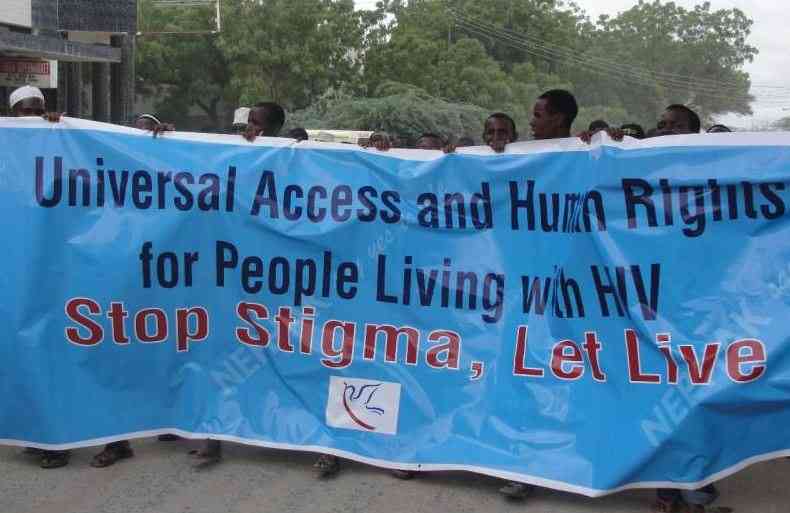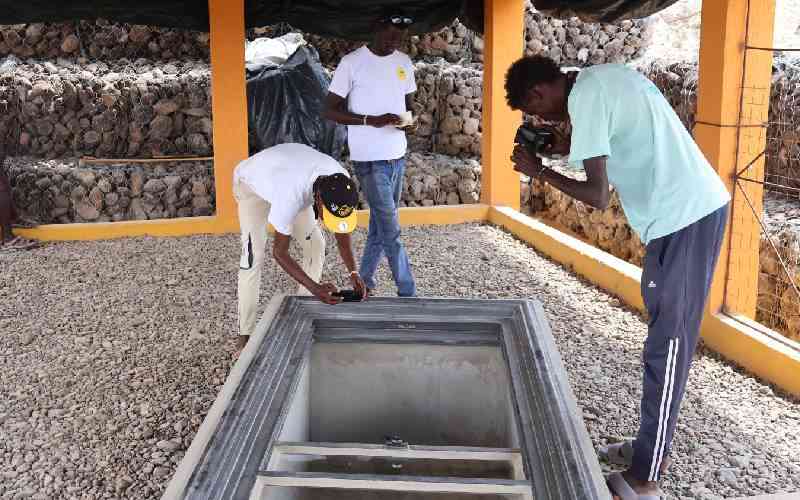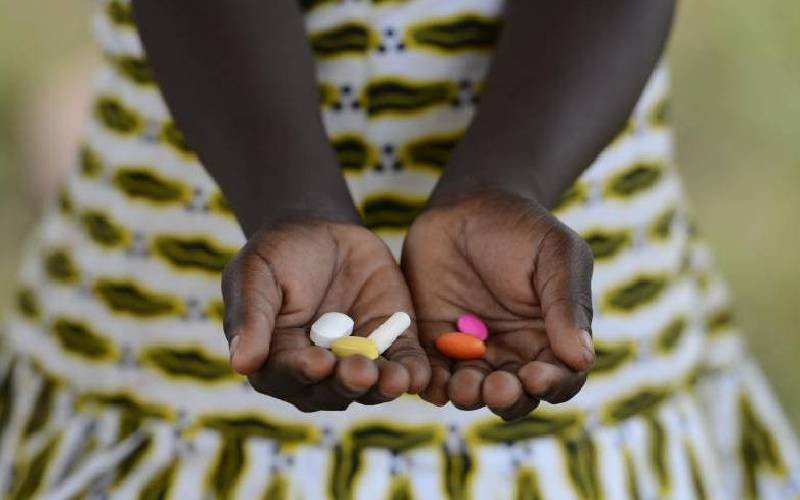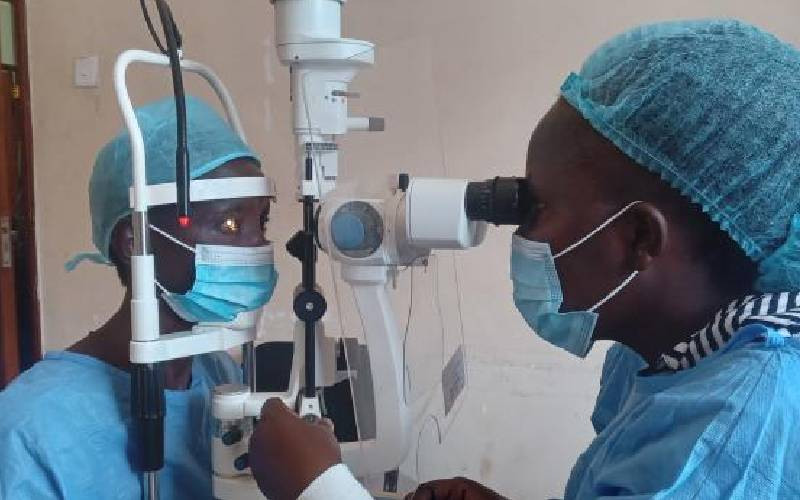
Kenya is set to roll out Lenacapavir, a long-acting injectable HIV prevention drug, from January 2026 in a major shift expected to boost adherence, reduce stigma and expand protection, especially among vulnerable groups.
The Ministry of Health, through the National AIDS and STI Control Programme (NASCOP), announced the approval of the drug this week, positioning Kenya among early adopters globally.
“This is a big leap for our HIV prevention efforts,” said NASCOP CEO Dr Andrew Mulwa. “The injectable is easier to administer and track, and we’re working on the rollout modalities.”
Lenacapavir, administered just twice a year under the skin in the abdominal area, has shown up to 99 per cent efficacy in preventing HIV transmission. Unlike daily oral PrEP pills, which can be cumbersome and stigmatising for some, the injectable offers discretion, convenience and long-lasting protection.
Esther Shiyayo, who has lived with HIV for nearly three decades in a discordant marriage, described the injectable as “a huge relief.”
“For 27 years, my husband has been taking daily PrEP pills to stay safe. It hasn’t been easy for him. Some days he wants to give up,” she told The Standard. “This new option will ease the stress and reduce clinic visits.”
Kenya will receive the initial doses through support from the Global Fund and other partners, with the Ministry of Health coordinating the rollout alongside partner organisations.
However, access and cost remain a significant hurdle. While the drug is already in use in the United States at about $28 per injection, stakeholders are pushing for reduced prices in Kenya.
“For the early adopter countries, Global Fund is negotiating with Gilead to lower the price below the US rate so that it can be free for those who enrol,” said Nelson Otwoma, Executive Director of the National Empowerment Network of People Living with HIV/Aids in Kenya (NEPHAK). “But if accessed privately, one may pay up to $60 per injection.”
Government guidelines show that depending on the region and population, the drug could cost between $10 and $33 per person annually in Kenya.
NASCOP and the Ministry of Health are finalising eligibility criteria, but Mulwa said Lenacapavir will be prioritised for sexually active persons at risk of HIV infection.
Virologist Prof Omu Anzala said Lenacapavir is not a vaccine but an anti-viral drug that directly targets the virus, similar to antiretrovirals in treatment.
“This injectable is revolutionary. It simplifies adherence and has minimal side effects. But the real challenge is affordability,” he noted.
For key populations such as sex workers—who face higher HIV risk due to the nature of their work—the new injectable is being hailed as a long-awaited solution.
“An injectable PrEP will be a game changer,” said Everly Nabwire, who leads the NKOKOIJU sex worker-led initiative in Mombasa. “Taking pills every day is stressful and stigmatising. Some of us forget, especially after ‘night shifts’.”
NKOKOIJU, supported by USAID through the Stawisha project, serves more than 1,000 sex workers across Mombasa’s Bamburi, Kisauni and Nyali. Of these, 580 are on oral PrEP and 100 are living with HIV and on treatment.
Nabwire said some women even confuse PrEP with ARVs, while others face stigma from clients when seen taking daily pills.
“We also suffer stock-outs of oral PrEP due to funding cuts. That’s why we do quarterly outreach to remind our members,” she added.
She emphasised that injectable PrEP will improve adherence and reduce the pressure of remembering daily medication. But cost, she warned, remains a major concern.
“Most sex workers can’t afford to pay thousands of shillings for PrEP. Some struggle to raise even Sh100 for pills at pharmacies,” she said.
In Nakuru, Daisy Achieng, chair of the Smart Ladies initiative with over 17,000 registered sex workers, also welcomed the injectable.
 The Standard Group Plc is a multi-media organization with investments in media
platforms spanning newspaper print
operations, television, radio broadcasting, digital and online services. The
Standard Group is recognized as a
leading multi-media house in Kenya with a key influence in matters of national
and international interest.
The Standard Group Plc is a multi-media organization with investments in media
platforms spanning newspaper print
operations, television, radio broadcasting, digital and online services. The
Standard Group is recognized as a
leading multi-media house in Kenya with a key influence in matters of national
and international interest.











